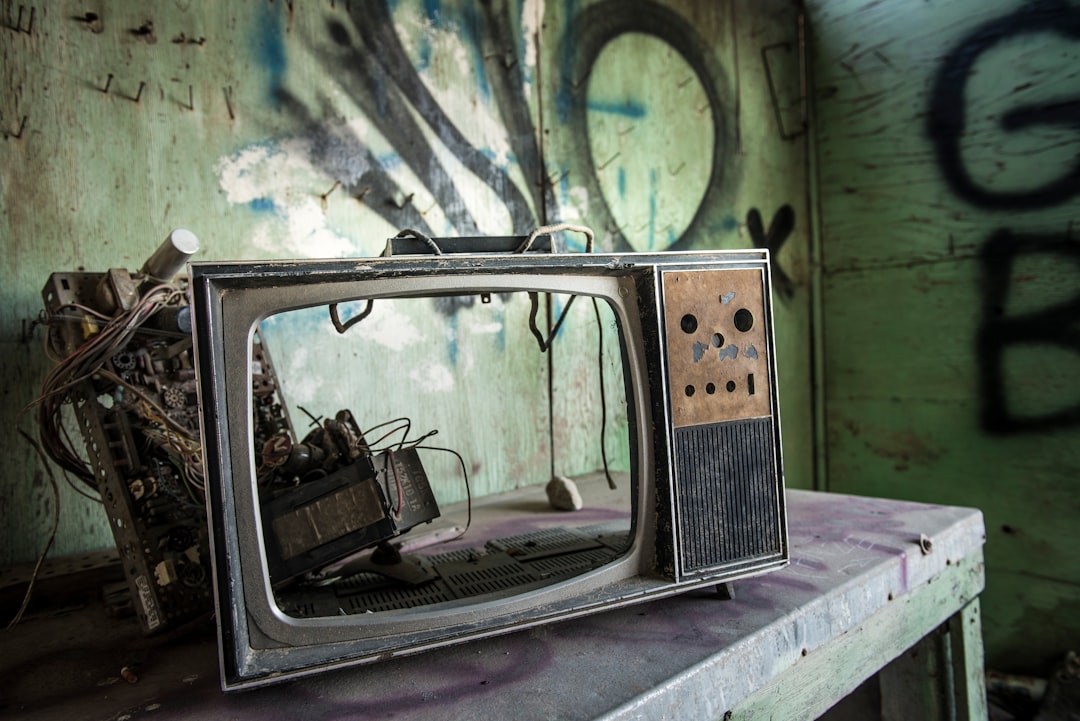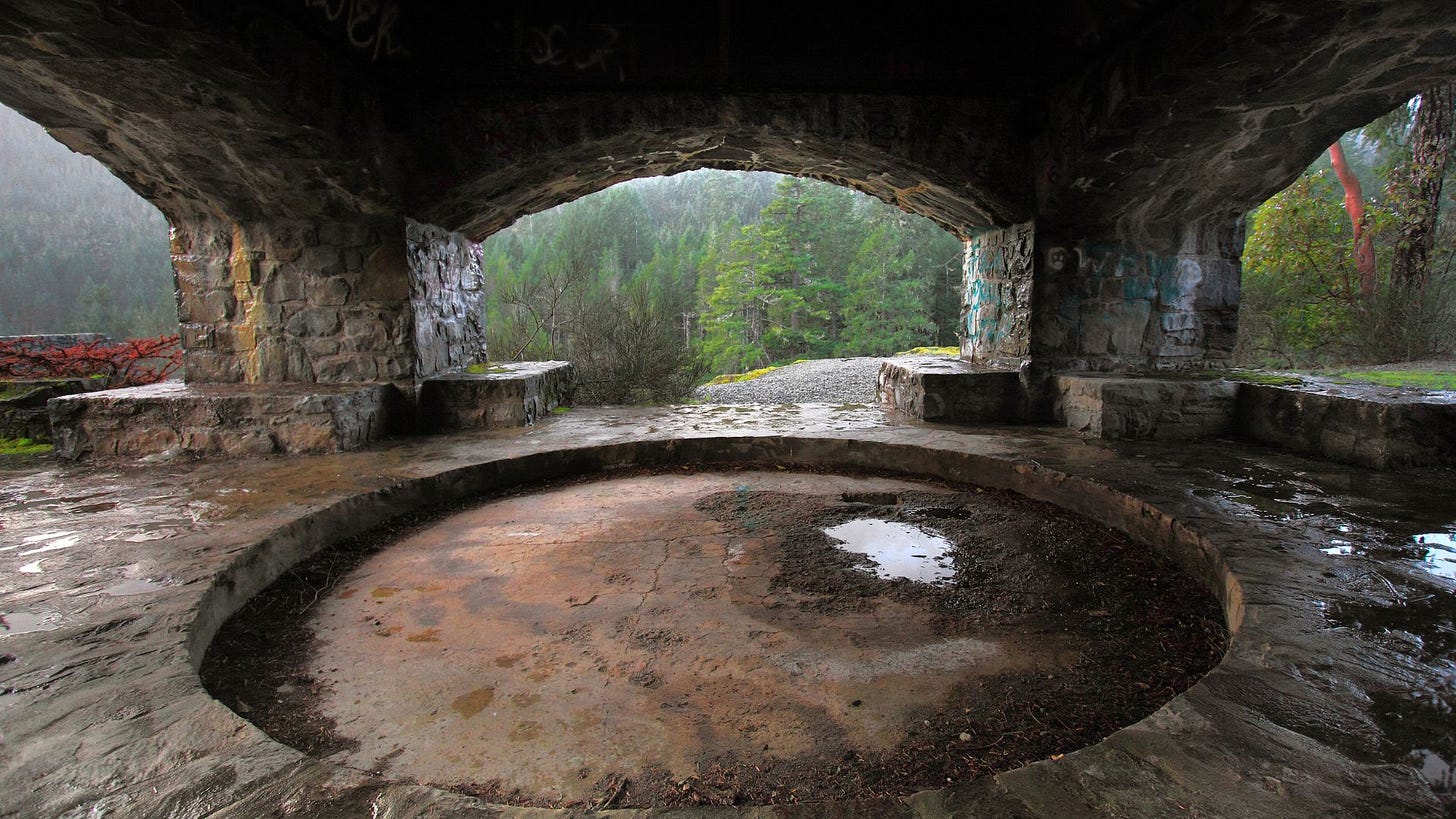Precarity (also precariousness) is a precarious existence, lacking in predictability, job security, material or psychological welfare. The social class defined by this condition has been termed the precariat.
from https://en.wikipedia.org/wiki/Precarity
Theater of Precarity is a theatrical application of death practice.
Death practice means many things to many people and cultures, but I spent 8 months in 2022-2023 explaining my take on it in 8 four-hour presentations. It is not easy for westernized people to grok this… it usually takes them having multiple near-death experiences, living with a chronic illness, or otherwise having a close relationship with people who have died or live with sickness and who are not constantly chasing “cures”, but instead using their intimacy with mortality to activate nondual wisdom nature in the messiness of bodies. Death is neither the boogeyman nor a salvational escape hatch, but a vital presence in our reality, our perception of that reality and our place in it.
Succinctly, Death is The Mother. The Great Void of Potential from which all matter arises and returns to. The Yin of Space and Time, stirred up by the humming warmth of Yang energy that arises from it.
To apply death practice to theater, we must understand our true nature, which is always falling apart, and embrace this eternal collapsing as theatrical ground, like the Tower tarot card, which symbolizes our tragic-comic ambitions and the inevitable path of our hubris — playing with us — not a question of if it will fall, but when, and how?
Like one of the major goals of clown technique, the clown gets into trouble ON PURPOSE, and makes it worse, plays with risk, like a cat slowly pushing a glass of water towards the edge of a table. The increasing tension and risk — danger! — is part of the heightened sense of play, whose secret face is loss, failure, disaster.
The clown fails on behalf of us all, the audience/community as shamanic patient, because in the end, we ALL FAIL. Our bodies fail to continue breathing, digesting food, pumping blood, moving, walking… we are all only temporarily able, on our way, by hook or by crook, to being disabled. This disability is not a sin or a punishment (though society’s reactions do turn this shared occurrence into brutal forms of collective and institutional harm).
Theater of Precarity is a theater of the commons, of the land, of the common people with the land, of the people who are the land and the land that is the people.
A theater of collapse and the poiesis of the tower, becoming a pile of rocks again.
Ruin as site for dreaming beyond.

If we begin to make, to craft theatrical moments and theatrical games from THIS ETERNAL BASELINE OF PRECARITY, then we can avoid wasting time and energy on many of the pitfalls of what theater means now to privileged modern people living in the west, living under the bright lights of Hollywood, amidst the chattering of awards galas, the constant ableist and classist competitions of auditions and raising funds and everything else that capitalism determines is normal.
We can return theater to the people and the land, where it came from, and return the people and the land to each other through theatrical play.
When we engage in this reversal of fortune, when we make merry in the rubble of the tower, we can again understand the quintessential nature of our humanity and the dynamic tension between our desires and our capacities, our limits. That we reach and fall, reach and fall, and that our entire evolutionary development is based on this reaching and falling.
We figured out how to sing and dance and make music BEFORE we had language and before we had written symbols of language. In the precarious unknowability of our real existence, our ancestors responded to reality with collective artmaking, and that began to make us human.
The call and response of life and death, of survival and loss, of comfort and pain, of hunting and being hunted, was the substrate from which culture could grow. The leaps of innovation arising from a group body that ate, lived, died, gave birth and dreamed together, in a pre-ethical state of mind, body, soul.
This pre-ethical state is the potential of perception to continue to improvise and devise new actions and conceptual models of relativity within a soup of being and becoming. In the pre-ethical state we perceive again as we once did, both as babies, children, and as our ancient ancestors did, before cultures were developed that biased certain ways of perceiving and sensing over other ways.
Theater and theatrical praxis reveal and, in some ways, rip off the layers of conditioned mind that we have been coerced and forced to cover our souls with, in accordance with whatever cultural norms we were born into and raised up in. After the initiatory shock of animistic, nondual theater, we are more nuanced, more complex. We have more behavioral options and a wider, deeper worldview that encompasses more of reality, not less. No longer beholden to reductionism as messiah, we can play again with complexity and perceived chaos, knowing that via the artistic process, unpredictable forms of relating will emerge.
The fall of our tower(s) reveals new potential in the ruins of the old.
Just as death is the mother of life and soil is made of the flesh and bones of who has come before, Theater of Precarity begins at the site of rupture, disruption, collapse, sickness, apocalypse, fear, pain and hunger to more explicitly reveal our underlying dreams and nightmares, putting those phantasms and ghosts up on the stage, inside the ritual circle, a magic zone of waking dream, and lets them have their moments, allows the cauldron of bubbling blood to speak through us, and we call that “a play”.
It is difficult for our western culture to realize that this ritual action, this ritual play could be light-hearted as well as immensely gravitational, because we live inside of an insidious story designed to enslave and corrupt us all, a place that eats souls. We in the west are on the ass end of thousands of years of dualistic narrative, resulting in nervous systems and minds that can mostly only view things as “oppositional” extremes. We live inside a false binary, and we play out actions and characters according to this dualism. To make it worse, we take everything personally, because we have been force fed the cult of individualism, which makes our collective responsibilities into personal misfortunes.
Theater of Precarity is a form of nondual animist theater, which is a practice of the commons, of community. It repositions us as a group body that can deal with group issues. Far from the misrepresented boogeymen of “socialism” and “communism”, real collective power comes from flexibility of behavior within a collective ethos and worldview that is an ongoing dialogue between humans and all the rest of the environment, as representatives in a great game.
In the “magic circle” of theater, we train inside this ancient covenant, learning how to nourish it anew for the particular times and situations of our current lives.
To be continued in part three: Cartoontra, where i begin to introduce the method of deathclown within the larger field I have described here.
author’s notes:
special thanks to Jacqueline Marie Shannon who, in my version of events, coined the term Theater of Precarity long ago on a San Francisco rooftop.
special thanks to Thomas Riccio and their work.




